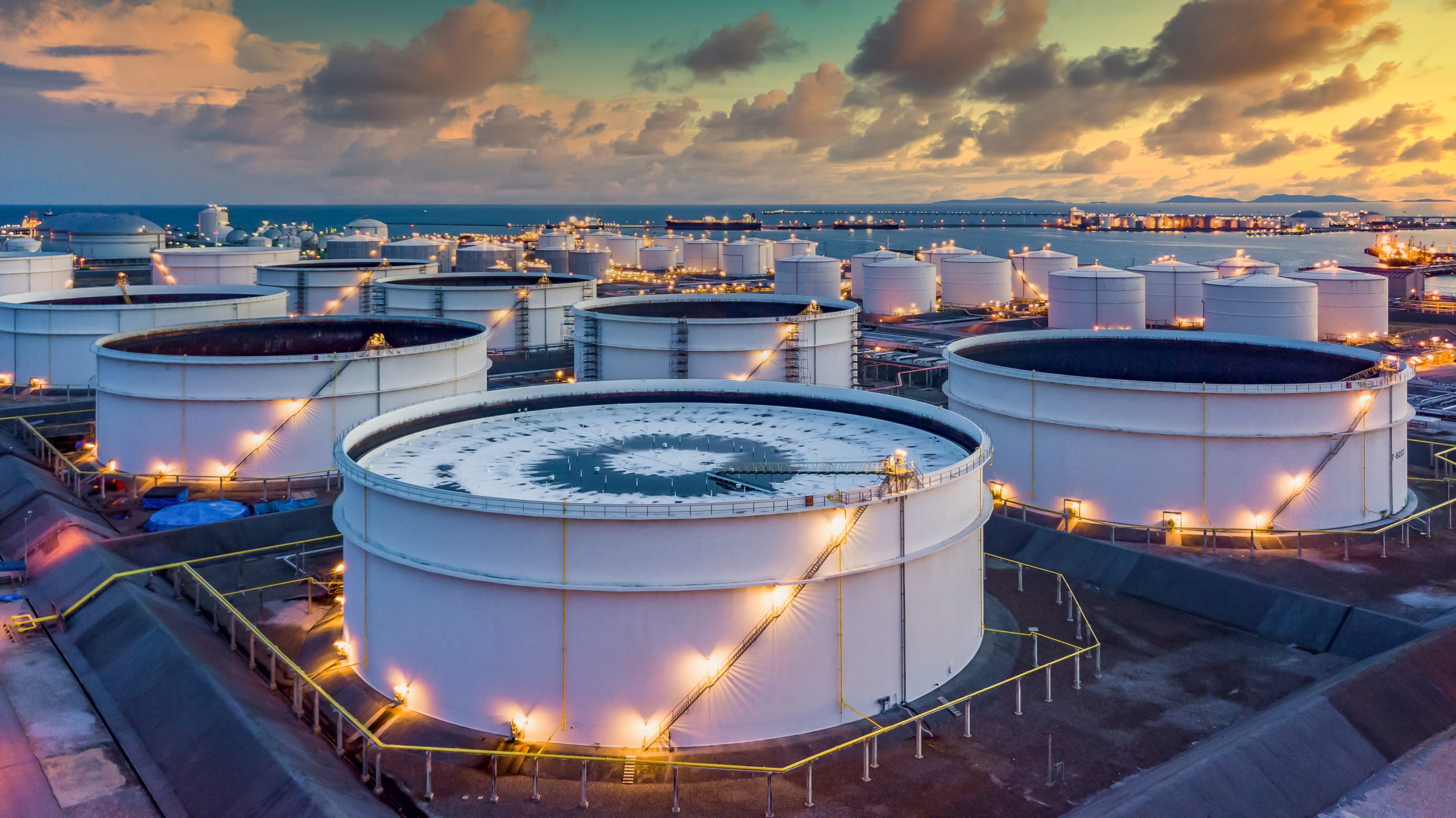
What is it – Distillate Marine Fuel (DMA)
Have you ever wondered if the fuel powering marine vessels is the same as the fuel revving up our on-road vehicles? If you’re drawing a blank or simply curious to dive deeper into marine fuel intricacies, join us for today’s “What Is It Wednesday” as we navigate the vast expanse of distillate marine fuel, honing in on specifications tailored for the high seas.
What is DMA?
Distillate Marine Fuel is a grade specification for marine fuels. The “D” stands for “distillate,” and the “MA” refers to a specific category within distillate fuels. This categorization comes from the International Organization for Standardization’s ISO 8217 standard, which classifies marine fuels based on their properties and intended uses.
DMA is a type of Marine Gas Oil (MGO) and contains very low sulfur content. Suitable for most marine engines, DMA is known for its cleaner combustion, consistent performance, and ability to reduce emissions when compared to heavier, residual marine fuels. DMA fuels are primarily used in Category 3 marine engines or those with more than five liters per cylinder. This type of fuel is also commonly referred to as LSMGO, which stands for Low-Sulfur Marine Gas Oil. The naming emphasizes its low sulfur content, making it a preferred choice in regions with stringent environmental regulations.
Other Common Marine Classifications
The ISO 8217 standard, which serves as a foundational reference for marine fuels, organizes distillate fuels into four distinct classes: DMX, DMA, DMB, and DMZ. Each of these classifications signifies specific characteristics and suitability for different marine applications.
DMX: Often referred to as a special light distillate, DMX is designed for high-speed engines that require fuels with lower viscosity and density.
DMA: This is the LSMGO we’ve been discussing. As per its classification, it’s a standard marine distillate suitable for various marine engines.
DMB: A heavier grade compared to DMA, DMB has a higher viscosity and is typically used in medium-speed marine engines.
DMZ: The heaviest among the distillates, DMZ is used primarily for emergency engines and some types of medium-speed engines.
Given the array of classifications under ISO 8217, vessel operators and engineers have clear guidelines for selecting the appropriate fuel type for their engines and operations. The usage of DMA, or LSMGO, reflects the maritime industry’s broader shift towards more environmentally friendly operations, especially with the looming shadow of tighter global emission standards.
How DMA Differs from ULSD Grade Diesel
One of the primary differences between DMA and ULSD-grade diesel lies in their sulfur content. According to ISO 8217 standards, DMA has been capped at a maximum sulfur content of 0.10% m/m (mass by mass) following the IMO 2020 regulations. This was established to curtail sulfur oxide emissions from ships, promoting a more eco-friendly marine environment. In contrast, ULSD, which stands for Ultra-Low Sulfur Diesel, is primarily a road diesel specification. It’s used predominantly in vehicles and certain industrial applications. The sulfur content in ULSD doesn’t exceed 0.0015% by weight, translating to 15 parts per million. This markedly reduced sulfur content is intentional, aiming to decrease air pollution from diesel engines operating on land.
Examining their additives and the cetane number, marine fuels like DMA are often integrated with specific additive blends. These are designed to address and counter challenges typical of marine environments, for instance, microbial growth in storage tanks. DMA’s cetane number, which indicates the ignition quality of the fuel, usually surpasses 45. ULSD’s cetane number floats between 40 to 45. While there are premium diesel variants with a higher cetane number, the main objective of ULSD is to trim down sulfur emissions.
The cost of DMA is another differentiating factor and can be swayed by marine-specific rules, the demand it witnesses in ports, and the overarching dynamics of the global marine fuel market. For ULSD, its pricing hinges majorly on elements like crude oil prices, the capacity of refineries, transportation overheads, and the demand from the road transportation sector.
O’Rourke Marine Services, as part of Mansfield Service Partners, offers premium fuels, including DMA, ultra-low sulfur marine gas oil, on and off-road diesel, diesel exhaust fluid (DEF), and fuel additives to improve engine performance and safety. Give us a call today to learn more about our marine services and how we can address your unique business requirements.

